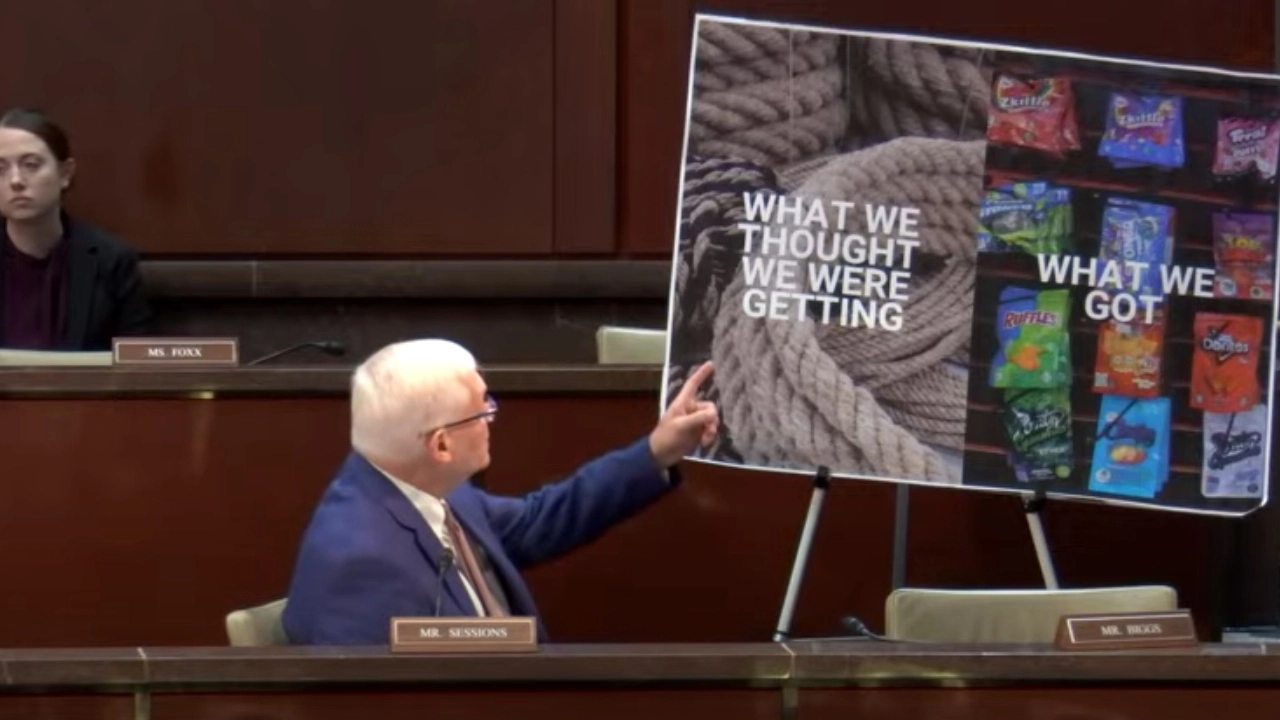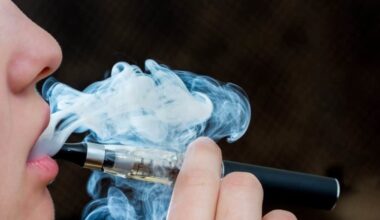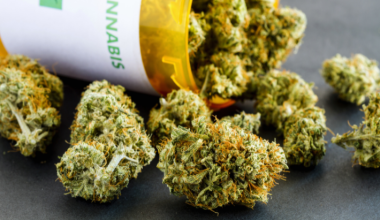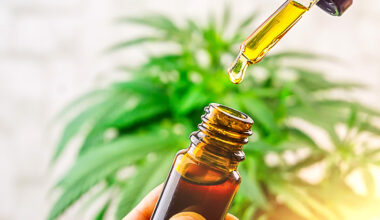
As someone who has been fighting to normalize and regulate cannabis for 15 years, I can’t leave astounding falsities about intoxicating and synthetic hemp-derived products unaddressed. This is the most important topic for everyone involved with the regulated cannabis industry.
On one point, however, I am in full agreement with Lou Rinaldi. There is a “strange irony” playing out in Washinton D.C. but let’s be honest about what it is.
Because of the 2018 Farm Bill, untested, unsafe and unnatural hemp products continue to flood the market.
The hemp-derived THC public health emergency
Now, as lawmakers in Congress are finally pushing to close the unintended loophole that gave rise to this emergency, the hemp industry is crying foul.
Advocates point to the devastating impact closing the loophole will have on numerous individuals and small businesses, such as the estimated $5.5 billion hemp sector that’s arisen in Texas alone. But in doing so, they simply cast aside the overwhelming evidence of serious consumer safety problems as “manufactured panic.”
Consider the following recent examples of officials calling attention to this issue.
Governors and grand juries agree: hemp products post serious risk to kids
In Montgomery County, Pennsylvania last month, a grand jury released a 107-page report following a 10-month probe exposed “a public health crisis” in which “retailers are openly selling marijuana and THC products under the guise of ‘hemp’ or ‘Farm Bill compliant’ merchandise.”
Consistent with previously published data, the report showed 94% of products marked as ‘Farm Bill compliant’ exceeded the Farm Bill’s potency cap, most products were contaminated and sales were routinely made to individuals under 18. Worse, the grand jury noted “the deliberate marketing and sale of marijuana and THC products to children and adolescents.”
Last month, Ohio Gov. Mike DeWine of Ohio declared a “consumer product emergency” over intoxicating hemp products, noting that the status quo “allows them to be legally marketed to kids, sold to kids, and ingested by kids in Ohio.”
Exposures to delta-8 and delta-9 THC products doubled in the state over the past five years, with more than half of all cases involving children younger than 5.
And just last week in Virginia, Gov. Glenn Youngkin of Virginia announced results from a large-scale state police investigation that revealed “extensive illegal drug activity and illegal weapons offenses” at vape shops selling hemp products “targeted to youth.”
The safety issues associated with hemp products are real, serious and widespread. They’re well documented and supported by independent evidence – not manufactured.
Putting an end to the hemp-derived public-health problem
We’ve been encouraged by the decisive action taken at the state level in places like California, which banned hemp-derived THC products more than a year ago.
But it’s past time for Congress to act.
The 2018 Farm Bill was intended to legalize “rope, not dope.” Congress never intended to create a national market for intoxicating cannabinoid products. Any claim to the contrary is ridiculous.
And to all the supporters of intoxicating and synthetic hemp supporters offended by this, here’s a thought: Stop.
Stop confusing lawmakers and the public about what you’re really doing and selling. Stop whining about the prospect of oversight strong enough to ensure intoxicants intended for human consumption are safe. Stop acting like petulant children because your gamble that the hemp loophole might never be closed might have been a bad bet.
Be honest. Say you’re selling weed, marijuana, pot or cannabis. Please stop calling it hemp – which federal law has always said must be 0.3% THC or less – because guess what?
It’s not.
Subscribe to the MJBiz Factbook
Exclusive industry data and analysis to help you make informed business decisions and avoid costly missteps. All the facts, none of the hype.
What you will get:
- Monthly and quarterly updates, with new data & insights
- Financial forecasts + capital investment trends
- State-by-state guide to regulations, taxes & market opportunities
- Annual survey of cannabis businesses
- Consumer insights
- And more!
Hemp-derived THC threatens cannabis legalization
A normalized, national cannabis market is big enough for all types and sizes of businesses, big and small. But for it to succeed, there’s no room for irresponsible operators and unsafe products.
So to the “hemp industry”, step up and do things right or close your doors. Until you do, you’re hurting America’s children, threatening all our communities and crippling the responsible, safe and transparent regulated cannabis businesses that produce quality-tested, accurately labeled and responsibly marketed products to authorized individuals.
That is the type of market that many others and I have devoted a professional lifetime to building so cannabis normalization could become reality.
And finally: Companies and individuals that hold business licenses won on merit and maintained through painstaking compliance are not cartels or prohibitionists. Far from it. They are capable and responsible citizens of the United States of America.
Trent Woloveck is the co-chief strategy director at Jushi Holdings and formerly served as president of TGS National Holdings (an affiliate of The Green Solution) and COO at American Cannabis Company.
Medical Disclaimer:
The information provided in these blog posts is intended for general informational and educational purposes only. It is not a substitute for professional medical advice, diagnosis, or treatment. Always seek the advice of your physician or other qualified healthcare provider with any questions you may have regarding a medical condition. The use of any information provided in these blog posts is solely at your own risk. The authors and the website do not recommend or endorse any specific products, treatments, or procedures mentioned. Reliance on any information in these blog posts is solely at your own discretion.





